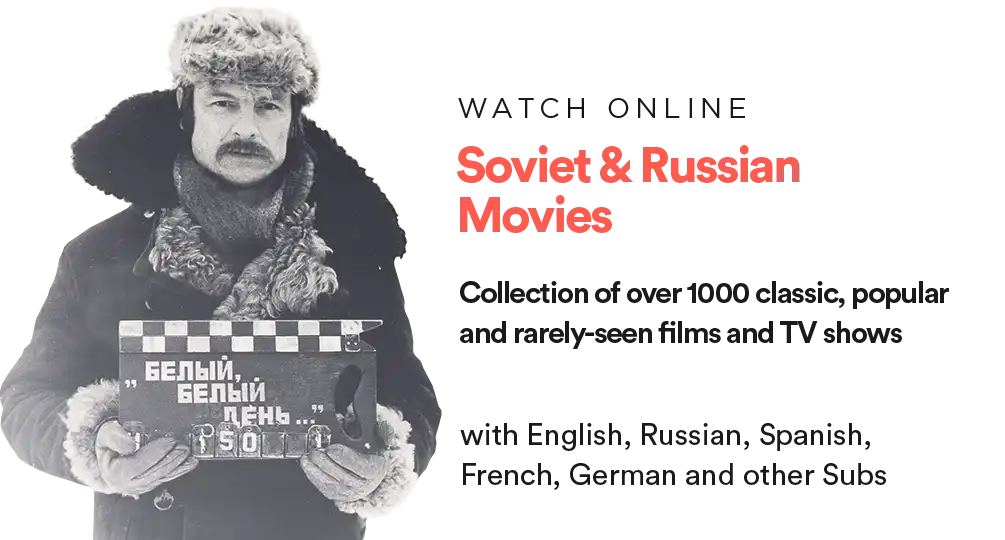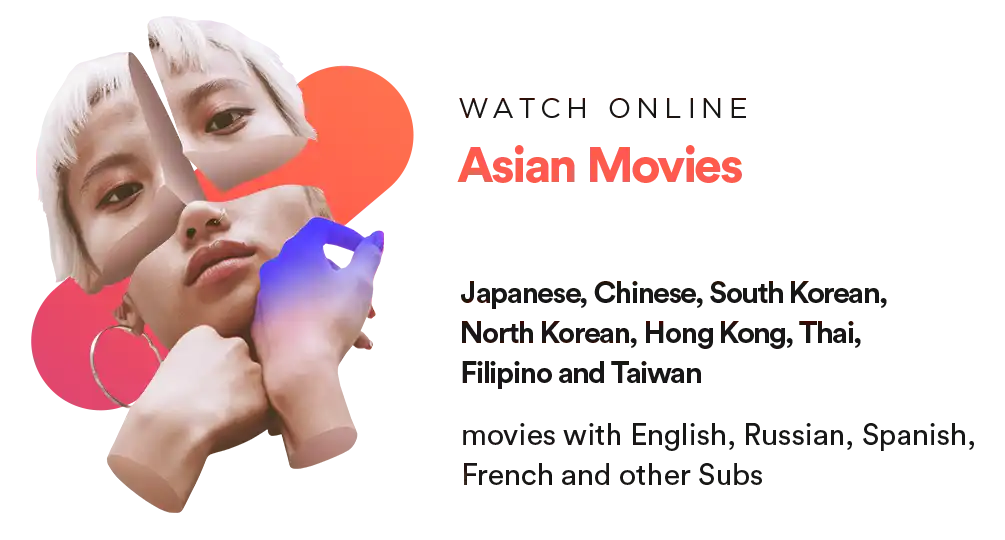The Artistic Genius of Věra Chytilová: A Dive into “Daisies” and Beyond
15.05.2023

Věra Chytilová is a name that resonates strongly in Czechoslovakian cinema. Her filmmaking prowess was a testament to the power of artistic expression, especially during the Prague Spring period. Among her remarkable works, “Daisies” (1966), “Wolf’s Hole” (1987), “Fruit of Paradise” (1970), and “Panelstory or Birth of a Community” (1980) stood out for their vivid portrayal of societal realities, their philosophical richness, and their daring experimentation with film techniques.
“Daisies”: A Cinematic Rendezvous with Modernity
“Daisies” is arguably Chytilová’s most iconic work. The film narrates the adventures of two young women, both named Marie, as they indulge in a spree of carefree and reckless behavior. This journey is not only farcical but carries profound societal commentary on modernity, consumption, and personal autonomy.
Surreal Symbolism and the Questioning of Norms
“Daisies” is characterized by using surreal elements and abstract metaphors. The recurring images of train tracks, for instance, are symbolic of restrictive societal norms. Through innovative filming techniques, Chytilová prompts the audience to reflect on these constraints, provoking thoughtful introspection.
A Balancing Act: Autonomy versus Indulgence
“Daisies” carefully explores personal autonomy and its potential destructive outcomes when it spirals into reckless self-indulgence. The film provides no easy answers and showcases the inherent contradictions of modern society in a world that often simplifies narratives into binary choices.
Irony and Reflection: The Journey Beyond “Daisies”
The ironic banning of “Daisies” by Czechoslovakian authorities for “wasting food” underscores the trivial concerns that often distract from ideological dominance and moral decay. This essence is evident not just in “Daisies” but also in Chytilová’s other films. For instance, “Wolf’s Hole,” “Fruit of Paradise,” and “Panelstory or Birth of a Community” also delves into societal critiques and human introspection, each in their unique way.
Conclusion: The Power of Cinema and Chytilová’s Legacy
Chytilová’s films, particularly “Daisies”, offer a timeless critique of modern society. They serve as an impassioned plea for moral vigilance, personal responsibility, and mindful resistance against mindless consumption and ideological control. As we journey through Chytilová’s cinematic universe, we are nudged toward confronting the realities of our complicity in societal norms and their implications. Chytilová’s masterpieces stand as enduring testimonies to the power of cinema as a tool for philosophical discourse and societal introspection.
Expanding the Horizon: Other Works by Chytilová
After gaining international acclaim with “Daisies”, Věra Chytilová continued to explore and push the boundaries of cinema. Her following works retained her distinctive style, blending surrealism with social commentary.
“Wolf’s Hole”: An Allegory of Control
“Wolf’s Hole” is another standout in Chytilová’s repertoire. The film, set in a ski resort, portrays a group of teenagers manipulated and controlled by their instructors. The setting quickly turns sinister, symbolizing oppressive regimes and their tactics of control. The chilling representation serves as a cautionary tale, reminding viewers of the detrimental effects of manipulation and control.
“Fruit of Paradise”: The Pursuit of Knowledge
In “Fruit of Paradise“, Chytilová presents a bold, allegorical interpretation of the biblical story of Adam and Eve. Through her unique perspective, the film explores the human quest for knowledge and the moral dilemmas this pursuit can incite. It acts as a metaphorical mirror, reflecting our deepest desires and the potential consequences of our choices.
“Panelstory or Birth of a Community”: A Commentary on Urbanization
“Panelstory or Birth of a Community” takes a different turn, focusing on the effects of urbanization and modernization on communities. The film reflects on the physical and psychological impacts of living in a concrete jungle, a panelák (pre-fabricated housing estate). It serves as an important commentary on the sense of alienation and loss of community that can occur in the wake of rapid urbanization.
The Lasting Impact of Chytilová’s Cinema
Věra Chytilová’s films continue to resonate today because they address universal issues. Her works prompt us to question our societal constructs and our roles within them. Whether it’s the carefree rebellion in “Daisies”, the chilling control in “Wolf’s Hole”, the pursuit of forbidden knowledge in “Fruit of Paradise”, or the alienation of urbanization in “Panelstory”, Chytilová consistently challenges us to examine our lives and the world around us. Her legacy lives on, reminding us of the transformative power of cinema and the importance of questioning the world around us.
That wraps up our exploration of Věra Chytilová’s films, her cinematic philosophy, and the legacy she left behind. Her mastery of cinema and her unflinching critiques of society continue to inspire, challenge, and resonate with audiences, even years after their creation.


















